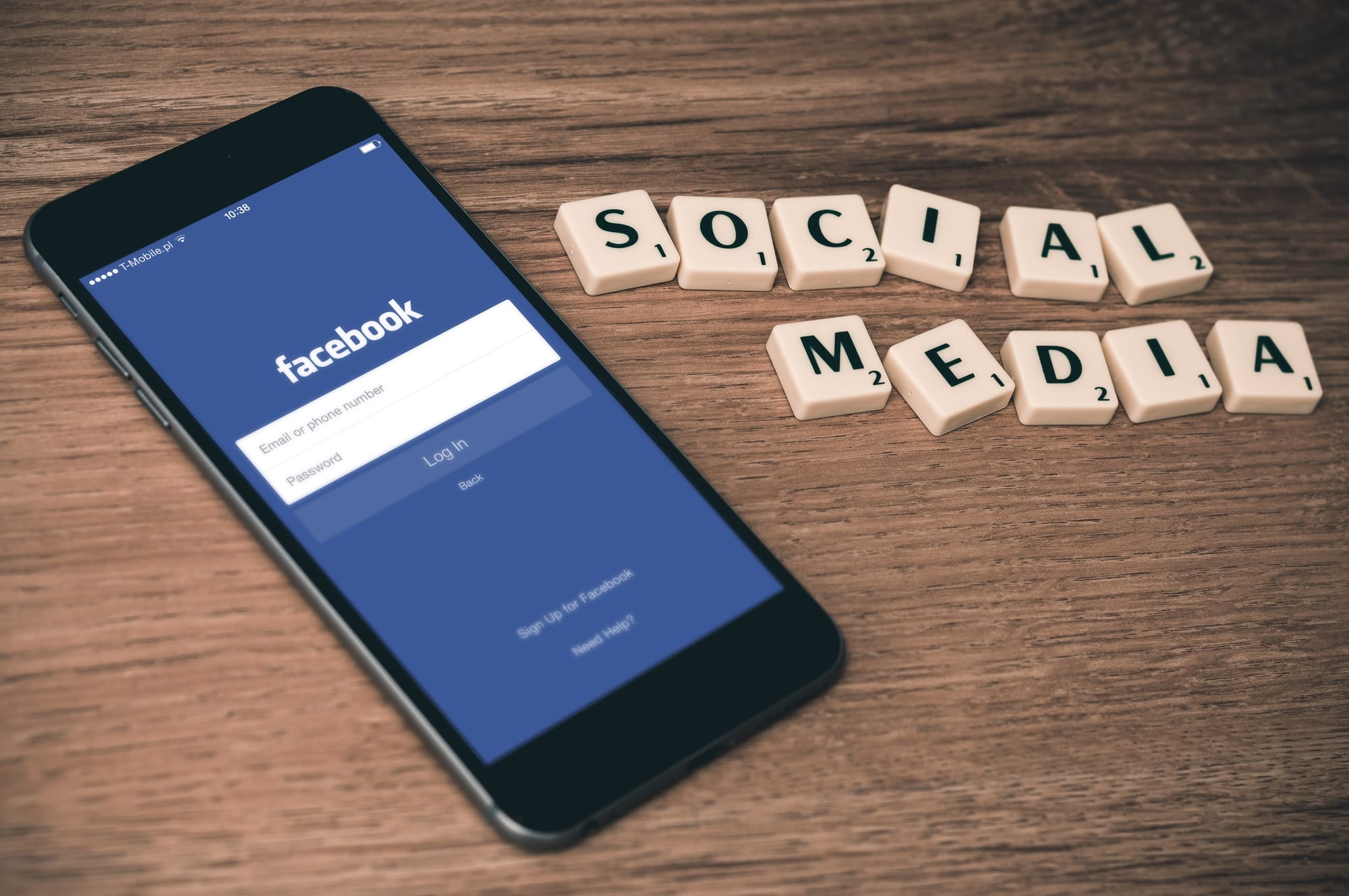Facebook Has More To Learn From The Ad Boycott

Sheryl Sandberg has always presented herself as caring deeply about civil rights. You would think that she would speak against that sort of false equivalence.
I've had a lot of conversations with her. There's a question about who is the final decisionmaker. Also, Facebook VP of public policy Joel Kaplan works for Sheryl, essentially. Joel Kaplan should not be a person who gets to ensure that voter suppression is not happening. We have a public campaign to fire Joel Kaplan. [Kaplan, who worked in the George W. Bush administration, is viewed as a voice for conservatives within Facebook.]
Have you talked to Kaplan?
We had a meeting June 1, where Joel was on the Zoom, but I never addressed him. In the more recent meeting with Mark and Sheryl, Joel wasn't on the call.
That was the July 7 meeting that addressed the advertiser boycott. What happened there?
I got into a back and forth with Mark, about the voter suppression post—the looters and shooters post—trying to talk about the incentive structures. [On May 29, the Donald Trump account reposted on Facebook a tweet saying, “When the looting starts, the shooting starts,” and Zuckerberg allowed it to remain.] I didn't mention Joel's name, but he knew that that's what I was saying. And then Mark said, “You don't think Republicans should work at Facebook?” It’s almost like each time I talk to them, we end up right back in this same conversation, where they have civil rights as left and right, not right and wrong. And I respond. “I don't think this should be partisan at all. I don't think there should be a Democrat either.” I run campaigns against Democrats too. Unfortunately, that is the prism that they see it through, because they've weaponized conservative bias.
Color of Change is part of the advertiser boycott group called Stop Hate for Profit. Do you feel that Facebook consciously profits from hate?
At this point, yes. They consciously know they are profiting from the algorithms and incentive structures on their platform that allow for a certain type of content to be prioritized and to make money.
Do you feel that the boycott has made a difference?
Yes. I've been going back and forth with Facebook for five years, and I've never experienced this level of intensity from them on updates and changes that they're making. [In response to the civil rights audit, Facebook vowed to establish a senior VP for civil rights, ban divisive ads, and be more aggressive in taking down posts on voter suppression.] We know from people on the inside who call us, who want things to change, that this boycott has been the most effective at raising the energy for change. They are clearly responding. But this can't be the ongoing job of civil rights groups to sit around every day and police this platform. And we can't trust them to police themselves. Because time and time again, even when they said that they're going to do something, they fail to actually do it because of their incentives—their business model focused on profit and growth runs up against safety, integrity, and security. So we need rules of the road.
If you had your way what would those rules be?
I would institute a civil rights infrastructure that had ongoing decision-making power. Silicon Valley is one of the only industries where there is no sort of certification for how you're held accountable. If you want to be a nurse or a doctor you need to be certified. If you're a software engineer, you could just build anything, and you don't have to worry about whether it hurts. There also needs to be tools on the front end to evaluate closed groups, and tools on the back end to be able to quickly pull down closed groups that are inciting violence. They need to do actual training at scale, and to have evaluators [appropriate to] the size of this company to actually monitor safety and integrity on the platform.